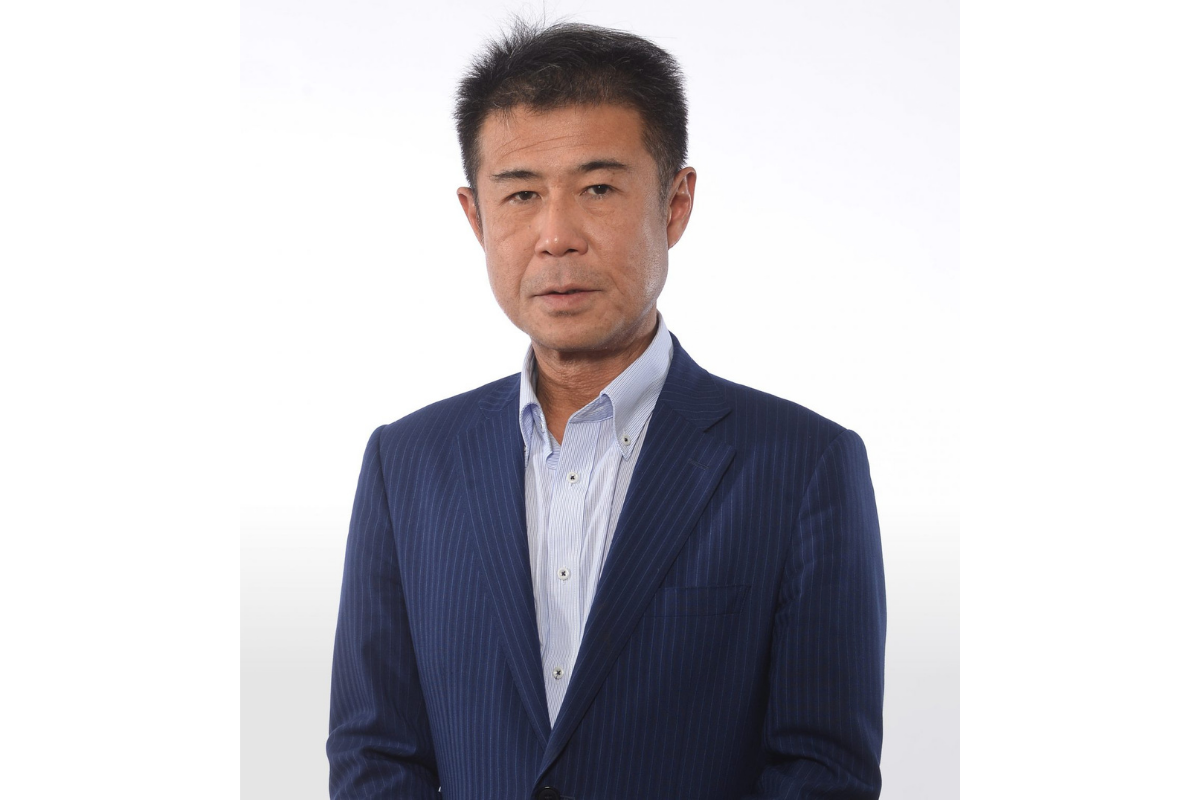Nippon Shokubai produces chemicals, catalysts and synthetic resins that are used in a broad range of applications, from batteries, car parts and screen displays to detergents, textiles, food and medical products. Its super-absorbent polymers are used in powder form for diapers, sanitary towels and industrial products, while its ultra-weatherability resin serves as protective coating for metals and architectural materials.

With such a broad range of products and applications in its portfolio, the company has a broad footprint, which in turn means a huge opportunity to develop new innovations to reduce the environmental impact of a wide array of sectors. “We have introduced Green Deal technologies, such as an innovative lithium-ion battery electrolyte salt that powers electric vehicles,” says Tomiyuki Sawada, President of Nippon Shokubai’s Europe operations.
“We have environmental catalysts that can be operated without auxiliary fuel and can replace the conventional incineration method, resulting in less CO2 emissions. Then there is a separator for alkaline water electrolysis to produce green hydrogen.”
Such innovations are part of the company’s TechnoAmenity vision, which aims to use proprietary technologies to provide “affluence and comfort to people and society”. They also align with the company’s goal of becoming carbon neutral by 2050.

I believe that leadership and diversity management, which listens to the opinions of people and allows for discussions with employees to support their ideas, are now even more important.
Merging cultures
Last year, Nippon Shokubai established a Green Innovation Department, with the task of realising the 2050 goal while strengthening environmentally friendly business creation strategies and functions. The department is doing this in several ways, including developing methods of using biomass to manufacture the raw materials for its core products, such as acrylic acid and ethylene oxide. It is also tasked with developing CO2 capture and conversion technology, and with finding greener ways to develop and use ammonia.
“We have already established recycling technology for the super-absorbent polymers contained in paper diapers,” Tomiyuki reveals. “At the same time, we have acquired biomass certification for our super-absorbent polymers from the International Sustainability Carbon Certification organisation, and we’re preparing to supply this in response to customer requests.”
Born in Japan and now based in Antwerp, Tomiyuki has adapted his leadership style to suit the local culture since taking up the post in February 2020. “We noticed that strategies and tactical planning based on Japanese common sense are not always suitable for business development in Europe,” he shares.
Tomiyuki is naturally drawn to a top-down leadership style, which he says has been crucial for him throughout the pandemic to deal with “the chaotic situation under my feet”. But he also recognises the benefits and importance of service leadership.
“I believe that leadership and diversity management, which listens to the opinions of people and allows for discussions with employees to support their ideas, are now even more important, along with top-down management,” he says.
As it should be
Tomiyuki aims to employ both leadership styles as he leads Nippon Shokubai Europe through a transformation of its business portfolio to boost growth. One pillar of this will be the expansion of the company’s chemical solutions business, which is newer than the traditional super-absorbent polymer business.
Another will be to further develop and strengthen its basic materials businesses by reducing costs, boosting productivity and ensuring the supply of these products is flexible and adaptable to customer demands.

How we can rapidly transform and innovate from the conventional business model, and how we can take on challenges, is sort of an obsession of mine.
At the same time, Tomiyuki will be promoting a digital transformation across all departments. “How we can rapidly transform and innovate from the conventional business model, and how we can take on challenges, is sort of an obsession of mine, as well as how we can align these changes under the rapidly changing world environment,” he reflects.
“I am inspired by the idea of making Nippon Shokubai Europe a company that can withstand the changes. I strongly believe that the biggest focus is our people, to be able to take on these challenges, to share a common sense of accomplishment and to be motivated while working together.”
To help build this resilience, Tomiyuki believes his key role is to act as a unifying presence across the company. “I have introduced some short and straightforward phrases, like credos,” he says. “They are: ‘to become one team’, ‘a one for all and all for one goal’ and ‘not as it is, but as it should be’. Everyone must be aware of becoming ‘one’ to take on these challenges.”
Proudly supported by:



